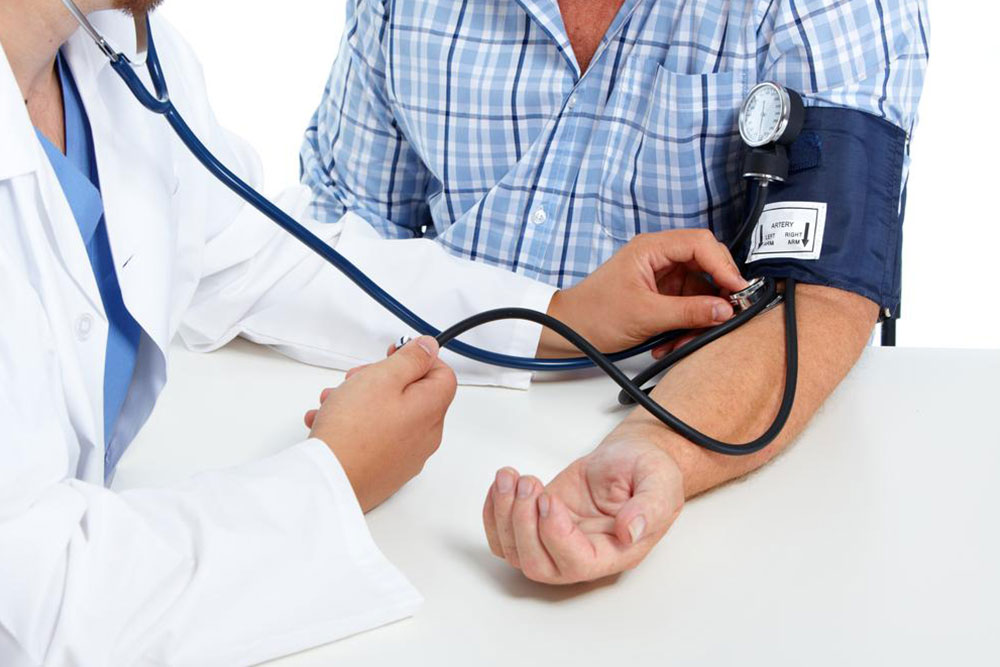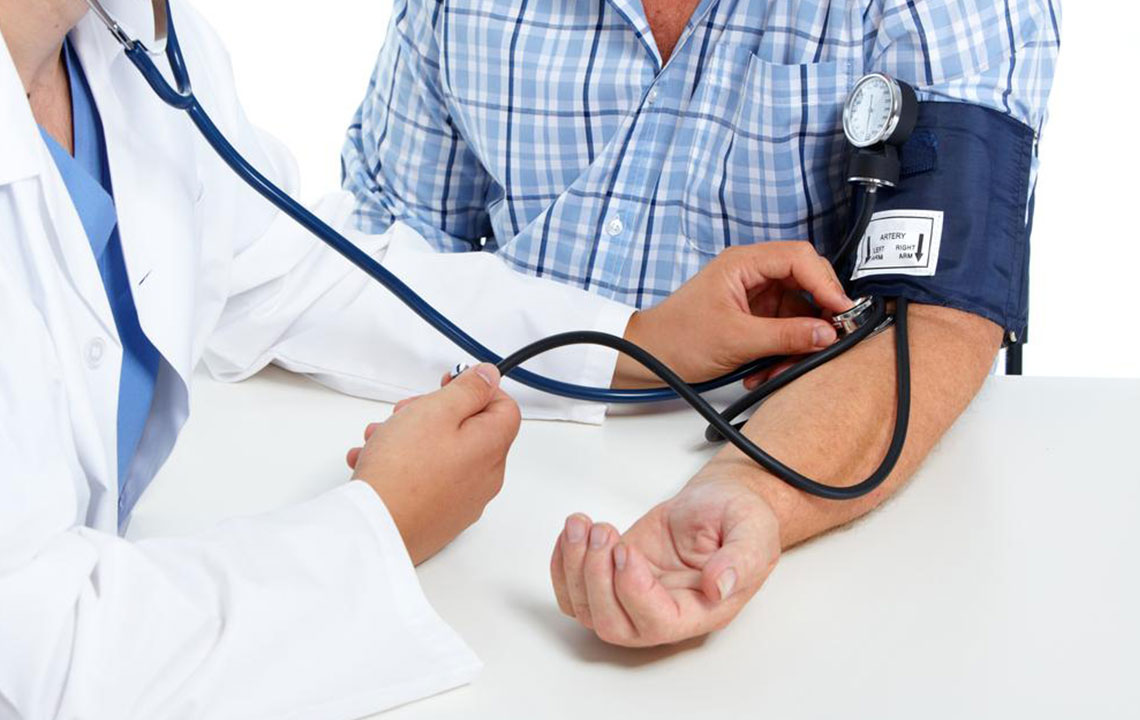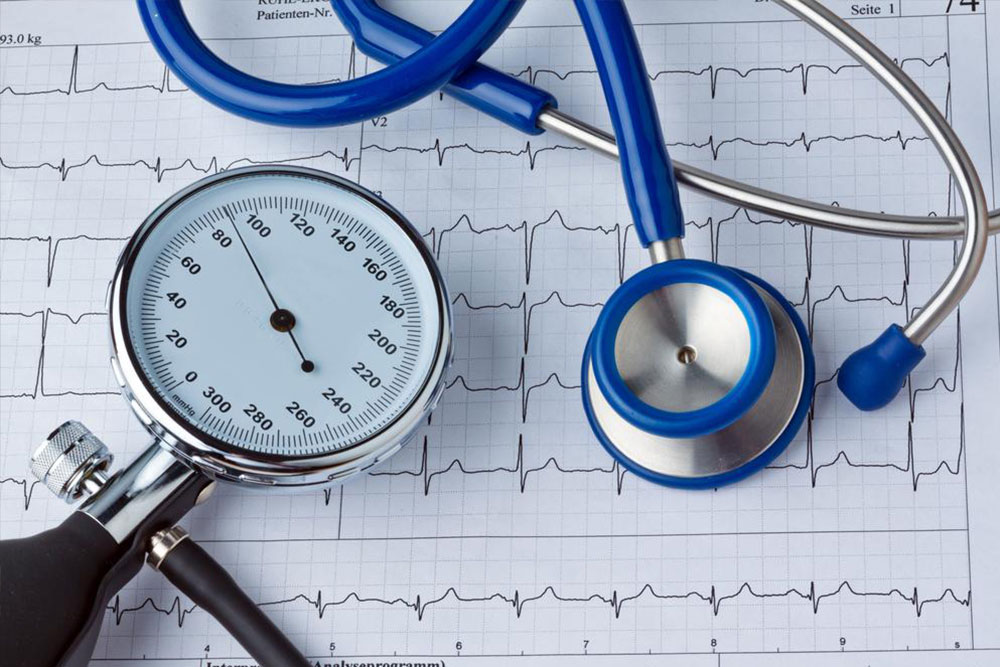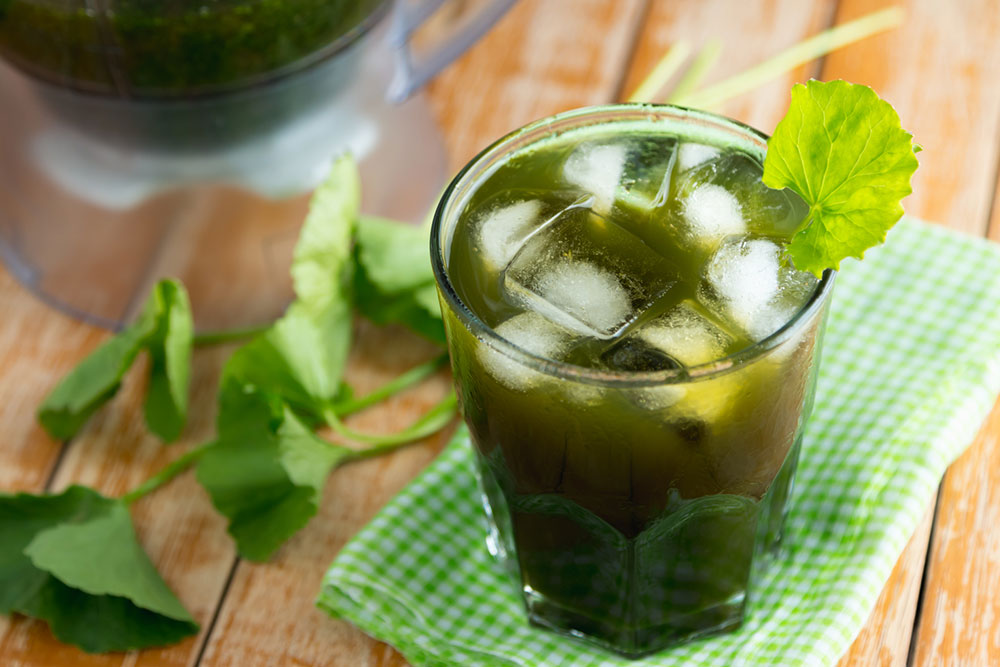Comprehensive Guide to Managing High Blood Pressure Naturally
This comprehensive guide explores natural and effective strategies for managing high blood pressure. It covers lifestyle changes such as weight management, adopting a heart-healthy diet, increasing key nutrient intake, stress reduction techniques, and limiting harmful substances. Suitable for those seeking to control hypertension through sustainable methods, this article offers valuable insights backed by clinical evidence. Managing blood pressure is essential for reducing the risk of serious cardiovascular events, and incorporating these practical tips can greatly improve overall health and well-being.

Comprehensive Guide to Managing High Blood Pressure Naturally
High blood pressure, medically known as hypertension, is a common yet serious health condition that can lead to severe cardiovascular problems if left unmanaged. It occurs when the force exerted by blood against artery walls remains consistently elevated. Understanding how to control and reduce high blood pressure is crucial for maintaining overall health and preventing complications such as heart attacks, strokes, and kidney damage. This extensive guide provides detailed insights into effective lifestyle modifications and practical strategies to manage hypertension naturally and sustainably.
Achieve and Maintain an Ideal Body Weight
Adopt a Nutritious, Heart-Healthy Diet
Enhance Intake of Key Nutrients: Potassium, Vitamin C, and Vitamin D
Manage and Reduce Stress Through Mindful Practices
Limit Harmful Substances: Alcohol, Caffeine, and Tobacco
Maintaining a healthy weight significantly reduces the strain on your cardiovascular system by decreasing the pressure on your arteries. Obesity is a major risk factor for hypertension, so appropriate weight management can markedly lower blood pressure levels. A balanced, nutrient-rich diet plays a vital role. The Dietary Approaches to Stop Hypertension (DASH) diet emphasizes consuming fruits, vegetables, whole grains, lean proteins, nuts, and herbs. This dietary pattern is proven to lower systolic and diastolic blood pressure naturally.
In particular, increasing your intake of potassium-rich foods such as bananas, oranges, spinach, and sweet potatoes helps to counteract the effects of sodium and relax blood vessel walls. Reducing sodium intake is equally crucial; processed and fast foods are typically high in salt, contributing to elevated blood pressure. Limiting processed foods to less than 1500 milligrams of sodium daily can have a profound positive impact.
Vitamins C and D further support cardiovascular health. Citrus fruits like oranges, grapefruits, and strawberries are excellent sources of vitamin C, which helps to widen blood vessels and ease blood flow. Adequate vitamin D levels, achievable through fortified foods, proper sunlight exposure, and supplements if necessary, contribute to regulating blood pressure.
Effective management of stress through practices such as yoga, meditation, deep breathing exercises, and regular physical activity can significantly improve blood pressure readings. Chronic stress triggers hormonal responses that constrict blood vessels and elevate pressure, so relaxation techniques are essential.
Additionally, limiting or avoiding alcohol and caffeine consumption and quitting smoking are critical steps. Both tobacco and excessive alcohol intake have immediate and long-term adverse effects on vascular health. Regular blood pressure monitoring, along with medical advice and medication as prescribed, are key to comprehensive hypertension management.





